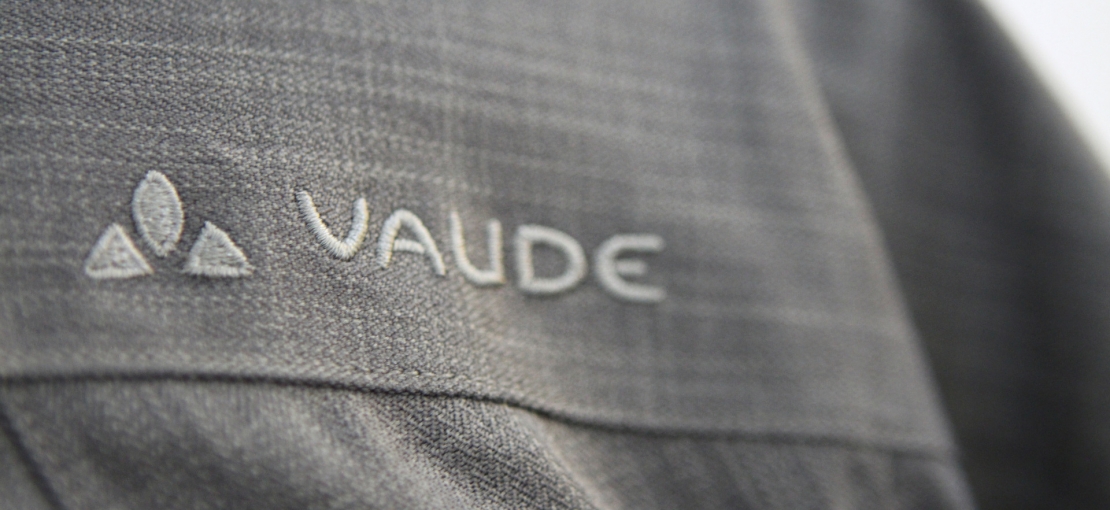
Highly functional, yet ecologically compatible
Environmentally aware material selection
The second stage in the life cycle of a VAUDE product after the design is the selection of materials and processing technologies. We require the highest quality from materials as well as top performance.
VAUDE products should offer reliable protection from heat, cold, wind, rain and sun and should improve athletic performance. They should accompany our customers for years during sports and outdoor activities. As our motto says, Performance Meets Ecology.
How you can protect the environment
In addition to technical design, the materials and technologies used to make the products play a key role in these criteria. At the same time, these functional materials and technologies also have significant direct and indirect impacts on the environment.
Here are some examples of how the environment can be protected with environmentally conscious material selection:
- The cultivation of organic cotton causes less environmental damage than growing conventional cotton because fewer chemicals and less water is required - see Organic Cotton - Better for People and for Nature.
- The use of recycled material conserves raw materials and energy - see Spinning Yarn from PET Bottles.
- The use of raw materials, energy, water and chemicals is reduced when materials are manufactured and processed with resource efficiency. In addition, less waste and waste water is produced. The bluesign® system helps us to accomplish this.
Primarily synthetic fibers in use
Most materials used by VAUDE are made from synthetic fibers. These are derived from petroleum and processed with high energy, water, and chemical costs, then made into fabrics, dyed and usually chemically treated again to produce the desired technical performance such as water repellency and UV protection.

|
Protection from the elements
For outdoor clothing to provide protection against all types of weather, it has to be chemically treated. |
Responsible use of natural fibers
Natural fibers are not always unproblematic either: conventional cotton consumes enormous amounts of water for cultivation and processing.
Wool usually comes from sheep that are kept on industrial farm levels - with negative consequences for biodiversity and an impact on the animals' welfare - see Only Wool from "Happy Sheep".
Responsibility for the supply chain
A finished VAUDE product usually has no direct negative impact on the environment. This arises primarily in the manufacture of materials.
Our upstream supply of materials is often in production countries outside of Germany. As a company that has these materials processed in other countries, we remain responsible for ensuring that we avoid negatively impacting people or nature; even though our influence at these facilities is very low.
How we actually ensure that high environmental standards apply during material production is described here.
Orientation along strict standards
VAUDE is one of the few outdoor manufacturers who evaluates the products in terms of environmental friendliness. With VAUDE Green Shape, we have created our own evaluation system for our products - see VAUDE Green Shape.
We work with the bluesign® system and rely on internal self-regulation such as the VAUDE Material Policy.
Little data from the supply chain
Overall, we lack reliable data on actual material consumption and material efficiency for production in the supply chain outside of Tettnang-Obereisenbach. Without this transparency, no concrete evaluations are possible. We are therefore working actively on the development of Higg Index. In this international database, sustainability data is collected from the supply chain and evaluated.
More about it here.
| GRI: | G4-DMA Materials |
| GRI: | G4-EN1 |
| GRI: | G4-EN2 |
| GRI: | G4-EN27 |






